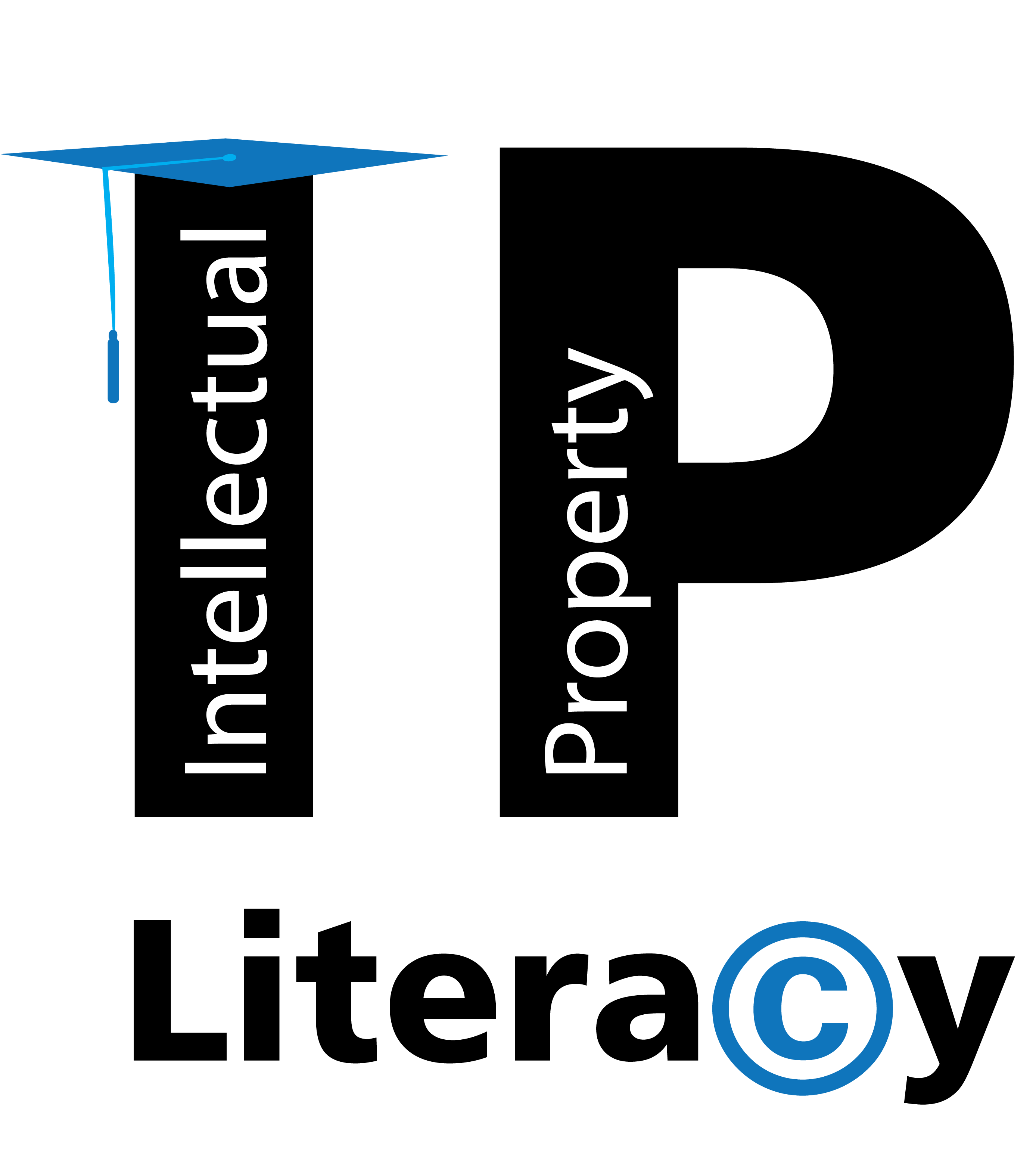INTRODUCTION TO THE TOPIC
The role and place of creativity and innovation for modern societies has been repeatedly reaffirmed in various strategic documents, including the Europe 2020 Strategy for smart, sustainable and inclusive growth (COM (2010) 2020 final) and the European Commission Green Paper “Unlocking the Potential of the cultural and creative industries “, which, on the other hand, placed on a strong, competitive and diversified industrial basis with a view to building a society and knowledge economy, creativity and innovation are a common goal European Union, which implies a differentiated approach, reflecting the social, economic, cultural and educational differences between Member States. The future of the culture of society implies the development of new forms and policies that will change the current ones. The achievement of such a state of the culture of society requires the support of strategically important initiatives such as: preservation and promotion of cultural diversity, creative mobility, protection of intellectual property, enhancing intellectual literacy of society, and creation of conditions for development of quality education in the field of the cultural, information and creative industries.
This project is entirely in line with both the above-mentioned strategic documents and the National Research Strategy 2017-2030 as it aims to: study the state of information Literacy, with a special focus of intellectual literacy in an university information environment among learners and trainers by challenging a civil debate on raising culture on issues of intellectual literacy among academics, which is extremely timely and necessary.
Information literacy (IL) has become a concept in recent years and is embedded in many international projects, programs and initiatives, with the main task not only to promote information literacy, but also to promote it as one of the possible solutions to overcome the “digital divide” “. IG is one of the key competences that builds the fundamental knowledge of modern society. Her upbringing was the initial step in the ability and ability to seek and use the huge information flow.
Intellectual property (IP) is reaching the everyday life of each of us and can be viewed as part of information literacy in a university information environment. Therefore, awareness of the importance and understanding of intellectual property is essential for today’s students who are future information professionals, engineers, researchers, lawyers, politicians, and managers of tomorrow.
RELEVANCE OF THE RESEARCH
Conducting research related to the creation of a conceptual educational model for raising information literacy, in particular intellectual legal literacy in a university information environment, is conditioned by a number of prerequisites. First of all, there is a limited number of in-depth independent studies focusing on the relationship between IP and IL in a national perspective; secondly, the need to explore existing models and best practices for IP training for non-specialist lawyers in Europe and the world; third, to analyze the educational content offered and the curricula relevant to this spectrum of knowledge; in the fourth place, it is necessary to examine the foreign experience of existing networks in raising awareness of IP issues; Fifth, the need to examine the level of awareness of human rights and social sciences in the humanities and social sciences, both among trainees and university educators. After all, it has to be concluded that the issue of the positioning of IP in the context of the broader framework of IL is relevant, timely and necessary. The problem under consideration is extremely relevant, partly concerned with various aspects by other authors, but has not been fully disclosed so far.
RESEARCH TASKS
The project puts purposefully linked research tasks at three levels:
The first level is of a theoretical nature: the accumulation of factual information in the form of bibliographical references on the subject of the project; studying models and good practices for integrating IS education into a university environment in the social and human sciences, on a national, European and international scale; developing questionnaires and conducting two surveys among learners and trainers; opening the international survey and conducting it in Italy and Australia.
The second level has a practical application and the main task at this level is to create a common and comprehensive methodology for raising awareness of intellectual property issues in the university information environment, disseminating intellectual property knowledge and promoting the objectives, activities and results of the project by: creating a dedicated website for the project; organizing and conducting a scientific seminar with international participation dedicated to the International Intellectual Property Day (26 April).
The third level has a methodological and informational nature, and the basis of this level is the development of a model for formal and informal intellectual property education. Creating new learning content aimed at students in social and humanities, as well as creating training courses for university lecturers. Promotion of the innovative model for the integration of intellectual literacy in a university information environment. Performing a series of master classes, workshops and public lectures aimed at both students, PhD students and young scientists in the team.
INTERDISCIPLINITY AND PROJECT TEAM
The subject of the project is interdisciplinary and covers current issues in the field of social and humanities, law, formal and non-formal education, pedagogy, sociology and other areas considered in the context of the contemporary information society. In order to achieve the stated objective and the resulting sub-objectives, the project will use interdisciplinary research tools, including: a complex approach; method of searching, analysis, synthesis and systematization of factual information; descriptive and comparative method; survey method; modeling method, etc.
The research team of the project consists of leading Bulgarian scientists and the interdisciplinary problem of the project is covered by researchers with corresponding scientific interests, achievements and international reputation in the field of theory and practice of intellectual legal issues, which is visible from the scientific publications mentioned in their biographies, lecture courses and participation in expert groups, committees and projects. The capacity of the scientific team is complemented by a core of prominent international specialists in the studied subject.



